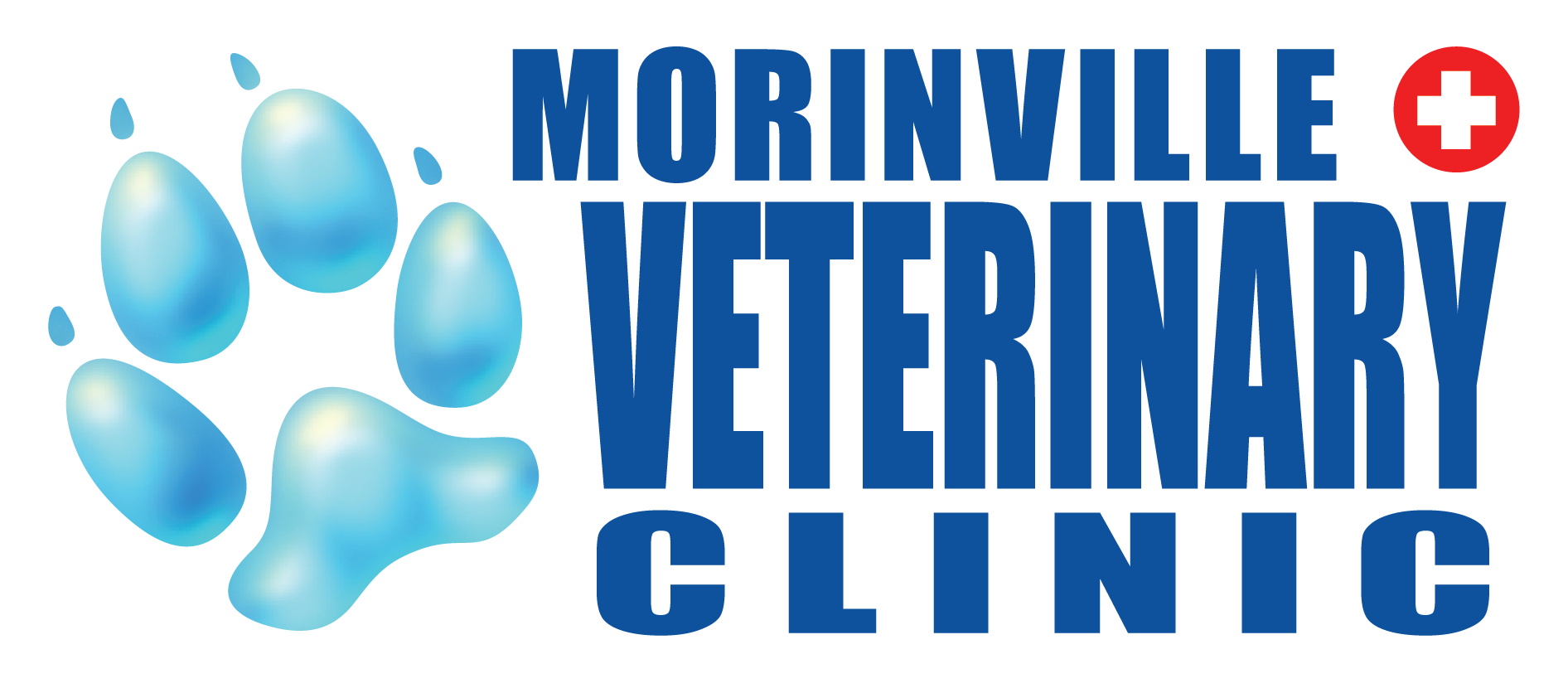The veterinarians at Morinville Veterinary Clinic have spent countless hours caring for pets. It is safe to say that a large proportion of that time has been spent doing physical exams and giving vaccines. They do this because all the vets in the hospital genuinely believe that vaccines are an important tool in maintaining good health.
If you search online, you will easily discover opinions that vaccines are overused and dangerous. According to Dr Michael High, you need to look carefully whenever there is a controversy. “The beginning of vaccine controversy was with a researcher in Britain in 1998. He published a study that proved the vaccine for measles, mumps and rubella in children caused an increased risk of autism. It turned out that the research was being partly funded by lawyers suing the vaccine company. The scientist made up some of the data, and overstated what the results concluded.”
“Following the publishing of the paper, multiple studies were done that disproved the results. Scientists working separately all over the world came to the same conclusion, that the vaccine was not a cause of autism. It took twelve years for the original scientist to admit he had used fake data. He was charged with medical misconduct in 2010, and barred from publishing. Even so, some parents still believe the one study that says the vaccine causes autism, rather than the ten that say the reverse.” For a generation of children in England, Ireland, and North America, vaccine rates plummeted. Understandably, this was followed by skyrocketing rates of measles, mumps and rubella. Worst of all, lots of children died from these diseases. In the words of Dr. High “What was the risk of vaccinating? What was the risk of not vaccinating?”
In the past twenty five years, there been multiple controversies about vaccines in veterinary medicine. Some controversies were about if a new vaccine protected against a certain virus (some did not). Other times, the question was if there was a serious risk from using a vaccine (there were some). In all cases, the vets in Morinville made decisions based on careful research of the facts.
We discuss and recommend a reasonable vaccination plan with pet owners who have been bombarded with advice from friends, family, breeders and total strangers. The advice we give is the following…If someone tells you what to vaccinate for, and when, find out what they base their advice on.
Rather than get into the side effects of vaccines (they are, after all, an immune system stimulant), I thought I would write about the effects of some of the viruses. You can decide if it is worth vaccinating for.
Rabies is the virus that has the least controversy surrounding it. That is because, in many areas, there are laws about when an animal must be vaccinated for rabies. Rabies is one of the few viruses that can cross from your pet to you, and kill you both. There is a belief that a bite is the only way to catch rabies. In fact, the virus is present in the saliva. Handling a rabid animal, even one that does not seem sick, can transmit rabies.
Rabies virus enters through breaks in the skin. After multiplying in the body, the virus infects the nervous system and travels to the brain. Once a person or animal has symptoms of rabies, it is too late to treat. Rabies is fatal.
Parvovirus is a virus that has been a problem in dogs for a long time. Although it is not fatal on its own, the damage that it does is severe enough to put a dog at risk of death. The virus is often consumed when investigating the waste of another infected dog. It travels down the digestive tract and infects the cells that line the intestine. The virus multiplies inside these cells, to the point that the cells burst, releasing huge quantities of new virus. Now the feces from this dog can infect other dogs. The health risk to the infected dog comes from the bursting of the intestinal cells. These cells act as a barrier between the body and the material in the gut. Without this lining, the intestine cannot keep fluid from leaking from the body into the gut, and cannot stop bacteria from travelling from the gut into the bloodstream. Untreated dogs die from dehydration and bacterial contamination. The intestinal lining will regrow in about a week, but the dog will probably not survive the week if not on antibiotics and intravenous fluids.
Every virus has its own particular risks. What you need to discuss with the vets at Morinville Vet Clinic is what vaccine plan gives the most protection with the least amount of risk. Make an informed decision.
Written by Morinville Veterinary Clinic




